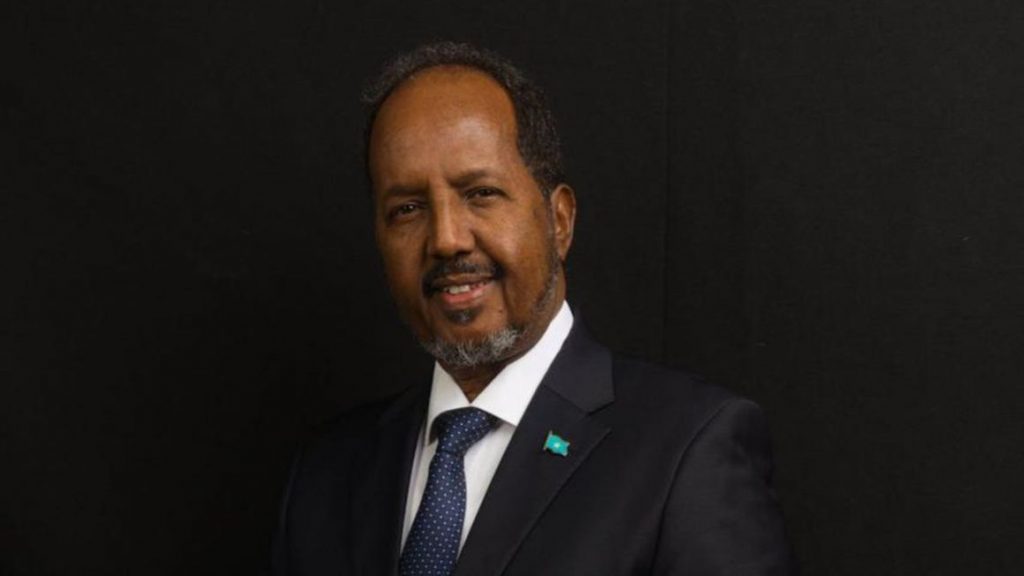
By The EastAfrican
Against all odds, Somalia this month pulled off a peaceful transition of power. On May 23, Mohamed Abdullahi Farmaajo handed the presidency over Hassan Sheikh Mohamud, the country’s tenth president. With that and a fully constituted legislature, Somalia has an opportunity to start on a new era of politics of consensus. The leaders now need to find unity of purpose in dealing with the mountain of challenges that still confront the country.
As alluded to by President Mohamud’s predecessor Farmaajo, there is no shortage of challenges awaiting the new administration and they will need to hit the ground running.
Besides the lingering threat of al-Shabaab insurgents, Somalia is still caught in the throes of hunger, with millions of people already starving. The country also needs to agree on a new constitutional order that will define the roles of federal structures and relationship of the federal member states with the centre in Mogadishu. With Somaliland still a reluctant participant, resolving the question of national unity is also paramount.
Rather than being seen as an outcast, Somaliland, despite its democratic shortfalls, should be seen as a template for creating order out of the chaos that has haunted Somalia for the past 30 years. To its credit, Somaliland has built the internal consensus that has allowed a reasonable degree of security of person and property to prevail.
Being both an academic and a politician, it could be argued that President Mohamud is perhaps best-placed to set in motion, a process that untangles Somalia’s complex matrix. Poverty, insecurity, battered national institutions and a largely informal economy are only part of the problem. Restoring faith in the state is the bigger challenge.
Accountable government should be a top priority because it recruits the public to support government initiatives. Citizens should be able to feel that they are not pawns but valued partners in Somalia’s reconstruction. Somalia scores notoriously poorly on key democratic indexes and the new government has a duty to take steps that create this anomaly.
Security for the people begins with agents of the state treating them with dignity. Even without a new constitution, the government can start by regulating the conduct of the security forces and respecting the provisions of the existing supreme law in as far it allows dissent and the right of the people and the media to freedom of expression.
Low on financial resources, to achieve buy-in, the new administration will first need to establish credibility with average Somali. That will require it to demonstrate that it is committed to a viable national version and to match talk with walk. Economic reforms and see the birth of a new constitution that will define the roles, functions and procedures of government.
Somalia has come this far because of the generosity of its neighbours and the international community. The fate of the country is now inextricably fused with the fortunes of her neighbours. President Mohamud and his administration owe the region a coherent national vision and foreign policy that embraces regional integration and opens up Somalia to the world.
Source: The East African

Leave a Reply